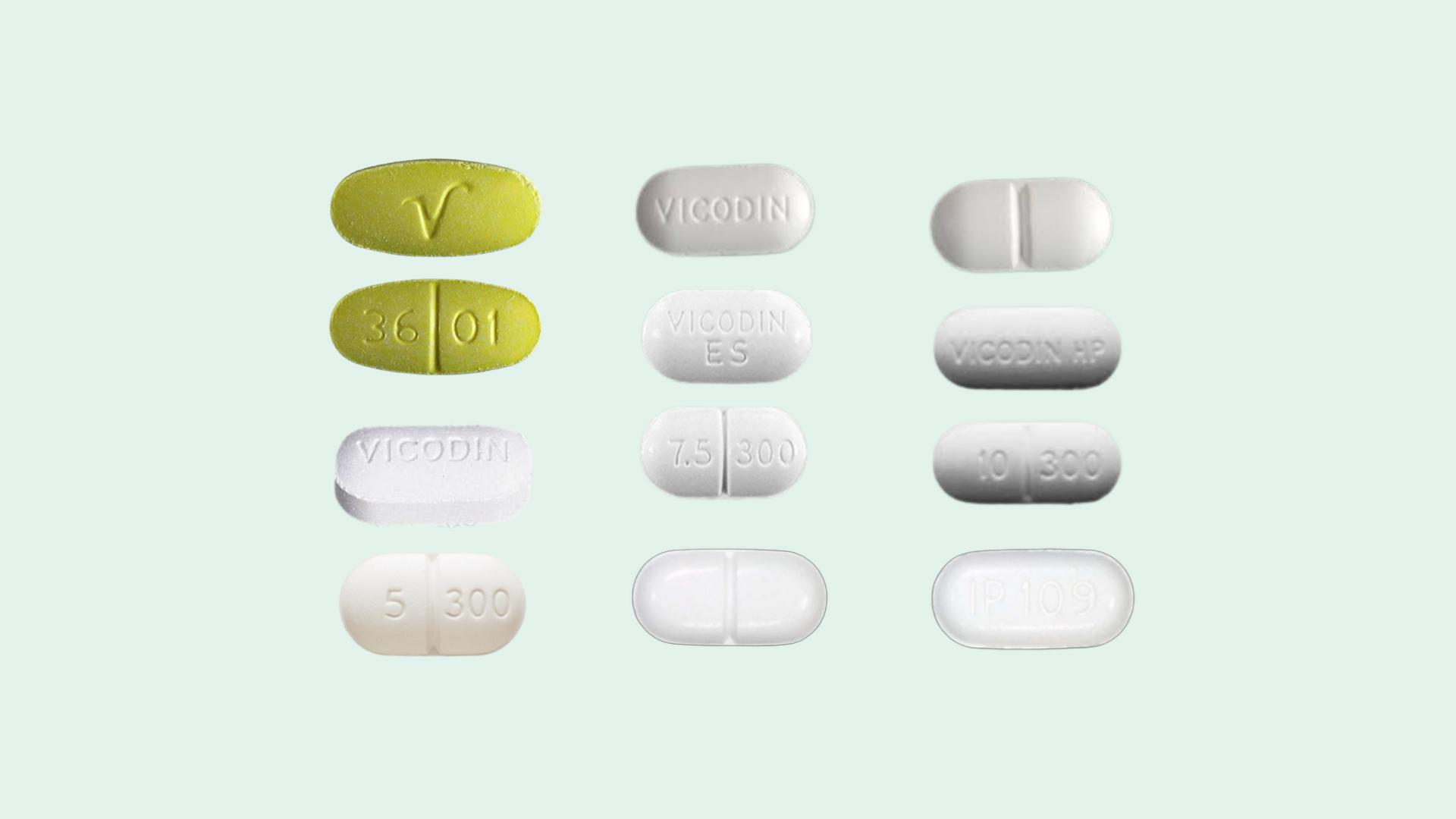Signs of Vicodin Addiction
Recognizing the signs of Vicodin addiction is crucial for early intervention and effective treatment. The following signs may indicate a problem with Vicodin abuse.
Physical and Behavioral Signs of Vicodin Addiction
- Increased tolerance: Individuals may require higher doses of Vicodin to achieve the same pain relief or euphoric effect.
- Withdrawal symptoms: When attempting to stop or reduce use, individuals may experience physical and psychological withdrawal symptoms such as nausea, sweating, anxiety, and cravings.
- Doctor shopping: People addicted to Vicodin and other opiates may visit multiple doctors to obtain multiple prescriptions for the drug.
- Stealing or illegal acquisition: Individuals may resort to stealing from family members, friends, or even strangers, or obtaining it through illegal means.
- Neglecting responsibilities: Vicodin addiction can lead to a decline in performance at work or school, neglect of personal relationships, and neglect of daily responsibilities.
- Isolation and secrecy: Individuals may isolate themselves from friends and family, withdraw from social activities, and become secretive about their drug use.
Psychological Signs of Vicodin Addiction
- Cravings: Strong urges and cravings for Vicodin, leading to compulsive drug-seeking behavior
- Loss of interest: Decline in interest and enjoyment in previously pleasurable activities and hobbies
- Mood changes: Vicodin addiction can lead to mood swings, irritability, and increased anxiety or depression
- Poor decision-making: Impaired judgment and decision-making abilities, leading to risky behaviors and poor life choices
- Denial and defensive behavior: Individuals may deny or downplay their drug use and become defensive when confronted about their addiction
What Are the Effects of Vicodin Addiction?
Vicodin addiction can have severe physical, psychological, and social consequences. Some of the effects of Vicodin addiction include
- Physical health complications: Long-term Vicodin abuse can lead to liver damage, respiratory problems, gastrointestinal issues, and increased risk of infections.
- Mental health disorders: Addiction is often accompanied by mental health disorders such as depression, anxiety, and substance-induced mood disorders.
- Relationship problems: Addiction can strain relationships with family, friends, and romantic partners, leading to conflicts, betrayals, and broken trust.
- Financial difficulties: The cost of obtaining Vicodin illegally or in high quantities can lead to financial strain, debt, and legal issues.
- Occupational and educational problems: Addiction can negatively impact job performance, attendance, and academic achievement, potentially leading to job loss or academic failure.
- Legal consequences: Engaging in illegal activities to obtain Vicodin or driving under the influence can result in legal problems and criminal charges.
Getting Help for Vicodin Addiction: Treatment Options
If you or someone you know is struggling with Vicodin addiction, it’s important to seek professional help. Treatment options include
Medical Detoxification
Medical detoxification, or detox, is often the first step in Vicodin addiction treatment. Under medical supervision, individuals are slowly tapered off Vicodin while managing withdrawal symptoms. Medications may be used to alleviate discomfort and cravings during this process.
Inpatient Rehabilitation
Inpatient rehabilitation programs provide a structured and supportive environment for individuals recovering from Vicodin addiction. These programs typically last for 30 to 90 days and offer a range of therapeutic interventions, including individual counseling, group therapy, and holistic approaches such as yoga or art therapy.
Outpatient Treatment
Outpatient treatment allows individuals to receive treatment while living at home and attending therapy sessions on a scheduled basis. This option is suitable for individuals with a supportive home environment and a mild to moderate addiction.
Medication-Assisted Treatment (MAT)
Medication-assisted treatment combines medications, such as buprenorphine or methadone, with counseling and behavioral therapies. MAT can help reduce cravings, relieve withdrawal symptoms, and support long-term recovery from Vicodin addiction.
Support Groups
Support groups, such as Narcotics Anonymous (NA) or SMART Recovery, provide a supportive community of individuals in recovery from addiction. These groups offer peer support, accountability, and a safe space to share experiences and learn from others.
Individual Therapy
Individual therapy, such as cognitive behavioral therapy (CBT) or dialectical behavior therapy (DBT), can help individuals address the underlying causes of addiction, develop coping skills, and create a relapse prevention plan.
Aftercare and Continuing Care
After completing an initial treatment program, aftercare and continuing care services are essential for maintaining long-term recovery. These services may include regular check-ins, ongoing therapy, support group attendance, and access to community resources.
How to Get Help for Vicodin Addiction
If you or someone you know is struggling with Vicodin addiction, it’s important to reach out for help. Contact a healthcare professional, addiction specialist, or a treatment center specializing in substance abuse to discuss treatment options and develop a personalized plan for recovery.
Remember, recovery is possible, and with the right support and treatment, individuals can overcome Vicodin addiction and reclaim their lives. Don’t hesitate to take the first step towards a healthier and happier future.

